Recent Articles
Popular Makes
Body Types
2015 Electric Car Tax Credit Information
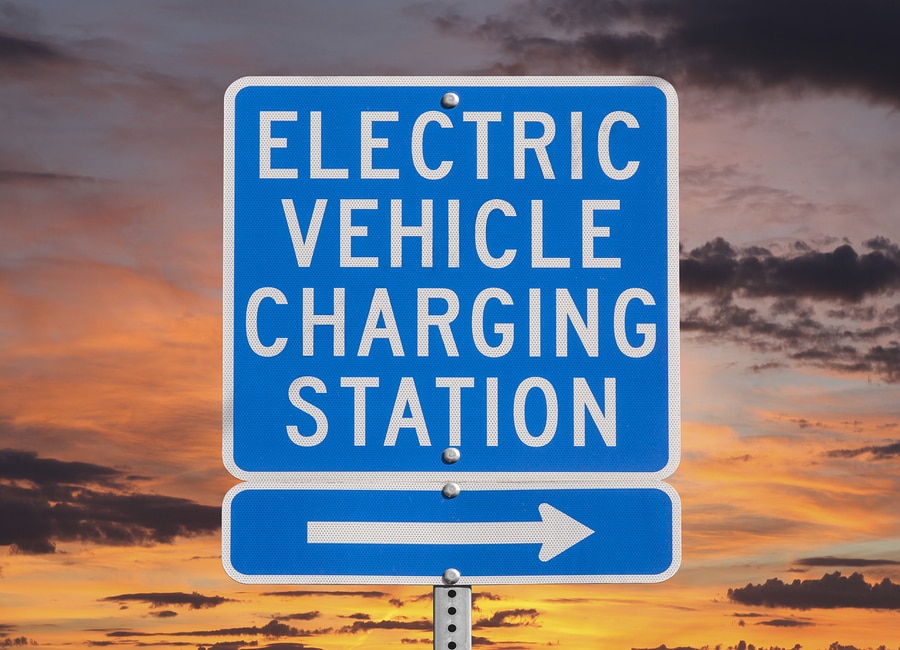
If you recently purchased an electric vehicle, or if you’re thinking about buying one soon, its important to know which tax credits you are eligible for. There is a federal electric car tax credit, as well as some that are available at the state level. If you are undecided as to which vehicle to buy, note that there are also some tax credits available for plug-in hybrid electric vehicles, but these are often lower than those available for fully electric cars.
To qualify for the federal electric vehicle tax credit, the car must meet a number of criteria:
1) The vehicle must be made by a manufacturer, meaning that to qualify you cannot take a conventional vehicle and covert it. 2) The vehicle must be treated as a motor vehicle for purposes of title II of the Clean Air Act. 3) The vehicle must have a gross vehicle weight rating (GVWR) of 14,000 pounds or less (all electric cars should have a GVWR less than 14,000 pounds). 4) The vehicle must be propelled to a significant extent by an electric motor which gets its energy from a battery with a capacity of 4 kilowatt hours (kWh) or more that can be recharged using an external source of electricity (in other words, it must be an electric vehicle that can be plugged-in to charge). 5) The vehicle must be new. 6) The vehicle must be acquired for use or lease by the taxpayer, and not for resale (otherwise dealers would be able to apply for the credit). 7) The vehicle must be used mostly in the United States. 8) The vehicle must be placed in service by the taxpayer during or after the 2010 calendar year.
The amount of the tax credit for is determined by the size of the battery, and the number of vehicles sold. Vehicles with a 4 kWh battery receive a credit of $2,500, plus $417 for each kWh of battery capacity over 4 kWh, up to the total maximum of $7,500. Only the first 200,000 of each model sold after December 31st, 2009 qualify for the full credit before it starts to be phased out, however as of yet no electric vehicle has reached this threshold.
Federal electric car tax credits:
Year / Make / Model Tax Credit Amount
2012 AMP Electric Vehicles GCE Electric Vehicle $7,500 2012 AMP Electric Vehicles MLE Electric Vehicle $7,500
2014 BMW i3 Sedan $7,500
2012-2014 BYD Motors e6 Electric Vehicle $7,500
2010 & 2012 CODA Automotive Sedan $7,500
2010 Electric Mobile Cars E36 7 Passenger Wagon $7,500 2010 Electric Mobile Cars E36t Pick-up Truck $7,500 2010 Electric Mobile Cars E36v Utility Van $7,500
2013–14 Fiat 500e $7,500
2012–14 Ford Focus EV $7,500 2011-2012 Ford/Azure Dynamics Transit Connect EV $7,500
2014–15 Chevrolet Spark EV $7,500
2014 Mercedes-Benz B-Class EV $7,500
2012 & 2014 Mitsubishi i-MiEV $7,500
2011–15 Nissan Leaf $7,500
2011 & 2013–15 smart fortwo electric vehicle (coupe/cabriolet) $7,500
2012–14 Tesla Model S $7,500 2008–11 Tesla Roadster $7,500
2011 Think City EV $7,500
2012–14 Toyota RAV4 EV $7,500
2015 Volkswagen e-Golf $7,500
2011 Wheego LiFe $7,500
Please note that these are non-refundable tax credits, and not a rebate. In order to claim them all, your tax liability must be more than $7,500. The credits cannot be used to generate a refund, though it may be possible to work around this by leasing the car and having the credits claimed by the company you lease from (as the leasing company would be the actual owner).
For more information on the federal tax credits, visit http://www.fueleconomy.gov/feg/taxevb.shtml and http://www.afdc.energy.gov/laws/fed_summary.
Depending on your state, there may be additional refunds or tax credits available for the purchase or lease of an electric vehicle.
Arizona
Electric vehicles in Arizona are charged a lower license tax rate of $4 for every $100 in assessed value, with a minimum annual tax of $5. During the first year after initial registration, the assessed value is 1% of the manufacturer’s retail price (compared to 60% for traditional vehicles). Each succeeding year the car’s value is reduced by 15%.
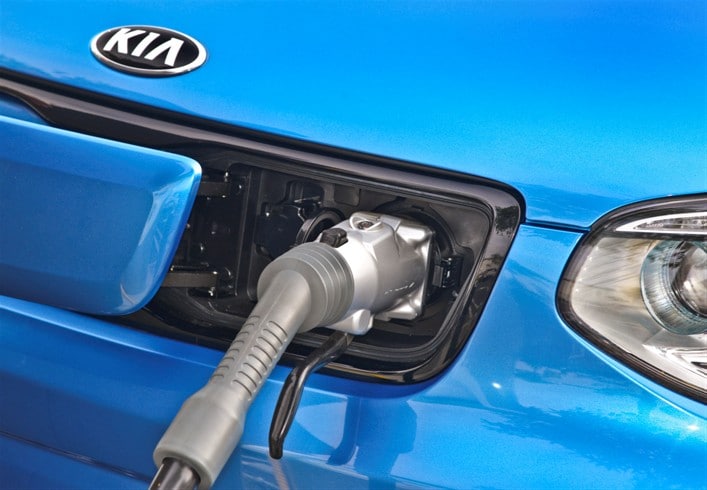
California
California offers purchase or lease rebates of up to $2,500 for CARB approved electric vehicles through the Clean Vehicle Rebate Project. Rebates are available on a first-come, first-served basis, and in order to qualify you must apply for the rebate after taking possession of the vehicle, within 18 months of the vehicle purchase or lease date, and you must retain ownership of the vehicle for a minimum of 30 consecutive months after the purchase or lease date.
California rebates for electric cars:
Year / Make / Model Rebate Amount
2014-2015 BMW i3 $2,500
2012-2014 BYD e6 $2,500
2014-2015 Chevrolet Spark EV $2,500
2013-2015 FIAT 500e $2,500
2012-2015 Ford Focus Electric $2,500
2013-2014 Honda Fit EV $2,500
2015 Kia Soul EV $2,500
2014-2015 Mercedes-Benz B-Class Electric Drive $2,500
2012 & 2014 Mitsubishi i-MiEV $2,500
2011-2015 Nissan LEAF $2,500
2011 & 2013-2015 smart ED and Electric Fortwo Cabriolet or Coupe $2,500
2012-2015 Tesla Model S $2,500 2009-2011 Tesla Roadster and Roadster Sport $2,500
2012-2014 Toyota Rav4 EV $2,500
2015 Volkswagen e-Golf $2,500
California rebates for neighborhood electric vehicles:
Year / Make / Model Rebate Amount
2010-2012 EVI eMega $900
2009-2013 GEM (e2, GEM e4, GEM eS, GEM eL, GEM eL XD) $900
2009 Miles (EV ZX40SAD, EV ZX40ST) $900
2010-2013 Vantage (EVX1000, EVC1000, EVP1000, EVR1000) $900
California rebates for zero-emission motorcycles:
Year / Make / Model Rebate Amount
2010-2014 Brammo (Enertia, Enertia Plus, Empulse, Empulse R) $900
2010-2015 Zero (S, SR, DS, XU, FX) $900
For more information, visit http://energycenter.org/clean-vehicle-rebate-project.
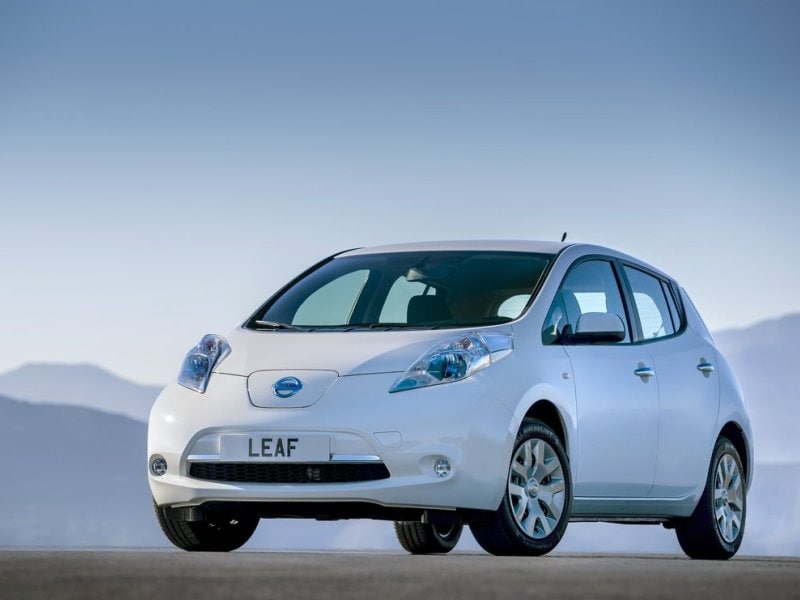
Colorado
Colorado offers the Innovative Motor Vehicle Credit for the purchase or lease of a qualifying vehicles. In order to qualify, the vehicle must meet the following requirements:
1) The vehicle must be titled and registered in Colorado. 2) The vehicle must be licensed for operation on Colorado’s highways. 3) The vehicle must have four wheels. 4) The vehicle’s gross vehicle weight rating (GVWR) must not exceed 8,500 pounds. 5) The vehicle must have a maximum speed of at least 55 miles per hour. 6) The vehicle must be propelled to a significant extent by an electric motor that draws electricity from a battery that has a capacity of at least four kilowatt hours and is capable of being recharged from an external source of energy.
The vehicle need not be new to qualify, but cannot have been previously registered in the state. To calculate the credit, start with the MSRP of the base model (with no added options) or the leased value of the vehicle (or the purchase price if the vehicle was bought second hand), with any other rebates, grants, and credits subtracted. Take this value and multiplying it by the capacity of the battery in kWh, and then dividing the total by 100, with a maximum allowable credit of $6,000. The tax credit for electric cars is refundable, so if the credit exceeds the tax due, the excess credit will be refunded as a tax return.
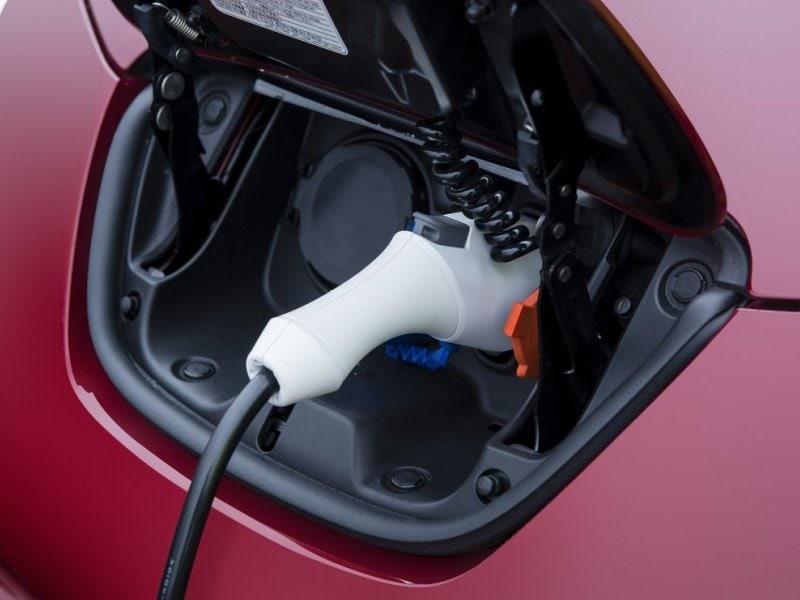
District Of Columbia
The District Of Columbia provides an excise tax exemption and a reduced registration fee of $36 (instead of $72 to $155, depending on vehicle weight) to the purchaser of new vehicles with a city fuel economy rating of 40 miles per gallon or better (as listed on http://www.fueleconomy.gov). Subsequent purchasers of the vehicle will also qualify for the excise tax exemption, but not the reduced registration fee.

Georgia
Georgia offers an electric car tax credit of up to 20% of the purchase price of a zero emissions vehicle, to a maximum of $5,000. Any portion of the credit not used in the year when the car was purchased or leased can be carried over for up to five years. Eligible cars include the BMW i3, Fiat 500e, Ford Focus, Chevrolet Spark, Honda Fit, Kia Soul EV, Mercedes-Benz B-Class Electric, Mitsubishi MiEV, Nissan Leaf, Smart ForTwo Cabriolet, Tesla Model S, and the Scion iQ EV.
For more information, visit http://www.georgiaair.org/airpermit/html/mobilearea/engines/Alternativefuels.htm.
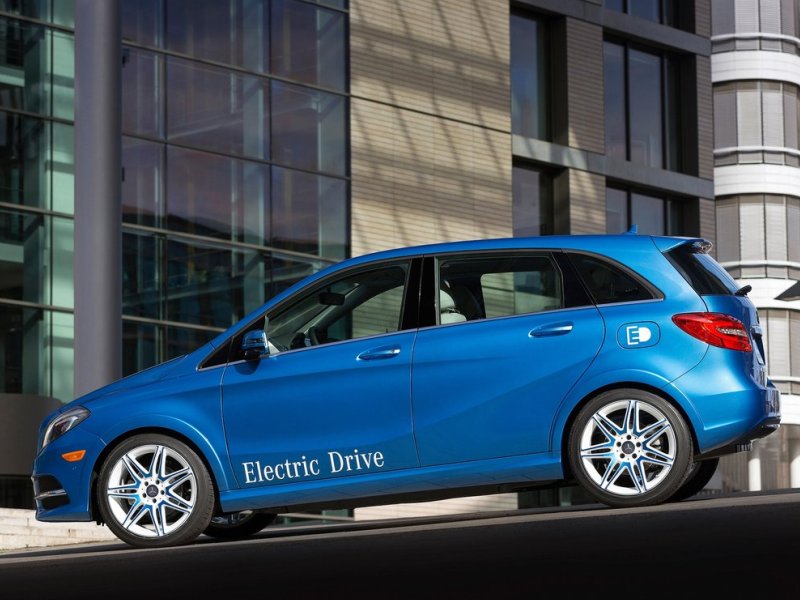
Illinois
Illinois offers rebates (not tax-credits) for the purchase of electric vehicles. For vehicles with a conventional gasoline or diesel counterpart, the rebate is calculated as 80 percent of the incremental cost of the alternative fuel vehicle (up to $4,000), while vehicles without conventional counterparts receive a rebate of 10% of the base MSRP, not including any additional equipment or options (again, up to $4,000). In order to qualify the vehicle must be new, and purchased from a dealership in Illinois, and the application must be submitted within 12 months of the data of vehicle purchase.
Owners of dedicated electric vehicles are also able to register for a discounted registration fee not to exceed $35 for a two-year registration period, or $18 per year.
For more information, visit http://www.illinoisgreenfleets.org.

Louisiana
Louisiana offers an electric vehicle tax credit of 50% of the cost premium for an electric vehicle (compared to a regular version of the same car) or 10% of the total cost of an electric vehicle, up to a maximum of $3,000. To qualify, the vehicle must be a dedicated alternative fuel vehicle and be registered in Louisiana. The vehicle must also have four wheels, a top speed of at least 55 miles per hour, a battery of at least 4 kilowatt-hours, and be primarily for on-street use.
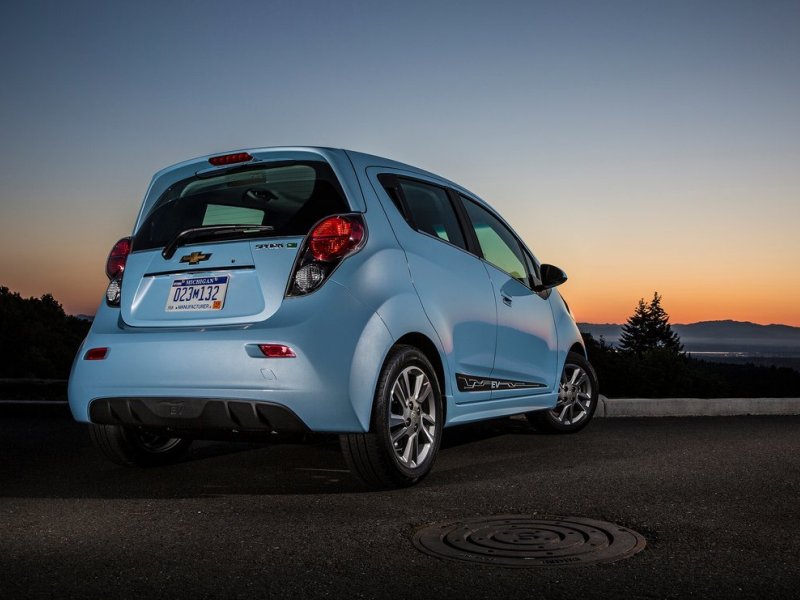
Maryland
Electric vehicles purchased or leased in Maryland between July 1st, 2013 and June 30th, 2014 are eligible for an excise tax credit of up to $1,000. Vehicles with a battery capacity of 4.0 kWh or greater, but not greater than 10.0 kWh are eligible for a Level I Excise Tax Credit of $600. Vehicles with a battery capacity of 10.1 kWh or greater, but not greater than 15.0 kWh are eligible for a Level II Excise Tax Credit of $700. Vehicles with a battery capacity of over 15.0 kWh are eligible for a Level III Excise Tax Credit of $1,000.
Electric cars purchased or leased after July 1st, 2014 may be eligible for excise tax credits of up to $3,000, subject to the availability of funds. The credit is calculated by multiplying the battery capacity in kilowatt-hours by $125. Vehicles with battery capacities of 25 kilowatt-hours and above qualify for the maximum of $3,000. In order to be eligible, the vehicle must meet the following:
1) The vehicle must be made by a manufacturer primarily for use on public streets, roads, and highways. 2) The vehicle cannot be modified from the manufacturer’s specifications. 3) The vehicle must be a new vehicle purchased from a dealer. 4) The vehicle must be acquired for use or lease by the taxpayer, and not for resale. 5) The shipping weight of the vehicle may not exceed 8,500 pounds. 6) The maximum speed capability must be at least 55 miles per hour. 7) The vehicle must be capable of being recharged from an external source of electricity.
Funds are released on a first-come, first-served basis. The credits are limited to one per individual, and may not exceed the applicant’s state income tax, are nontransferable, and may not be carried over to another tax year.

Massachusetts
Massachusetts offers rebates of up to $2,500 through MOR-EV (Massachusetts Offers Rebates for Electric Vehicles) for eligible electric vehicles that are purchased or leased for a term of 36 months or more. In order to qualify, the vehicle must be new, the MOR-EV application must be submitted after you have taken possession of the vehicle, within 3 months of the purchase or lease date of a new vehicle, and prior to the exhaustion of the available rebate funds ($1.86 million for the initial program year) on a first-come, first-served basis. Only vehicles purchased on or after June 18th, 2014 are eligible.
Massachusetts rebates for electric cars:
Make / Model Rebate Amount
BMW i3 $2,500
Chevrolet Spark EV $2,500
Fiat 500e $2,500
Ford Focus Electric $2,500
Honda Fit EV $2,500
Mercedes-Benz B-Class Electric Drive $2,500
Mitsubishi i-MiEV $2,500
Nissan LEAF $2,500
smart ED and Electric Fortwo Cabriolet or Coupe $2,500
Tesla Model S $2,500
Toyota RAV4 EV $2,500
Volkswagen e-Golf $2,500
Massachusetts rebates for zero-emission motorcycles:
Make / Model Rebate Amount
Brammo (Enertia, Enertia Plus, Empulse, Empulse R) $750
Zero (S, SR, DS, XU, FX) $750
For more information, please visit https://mor-ev.org.
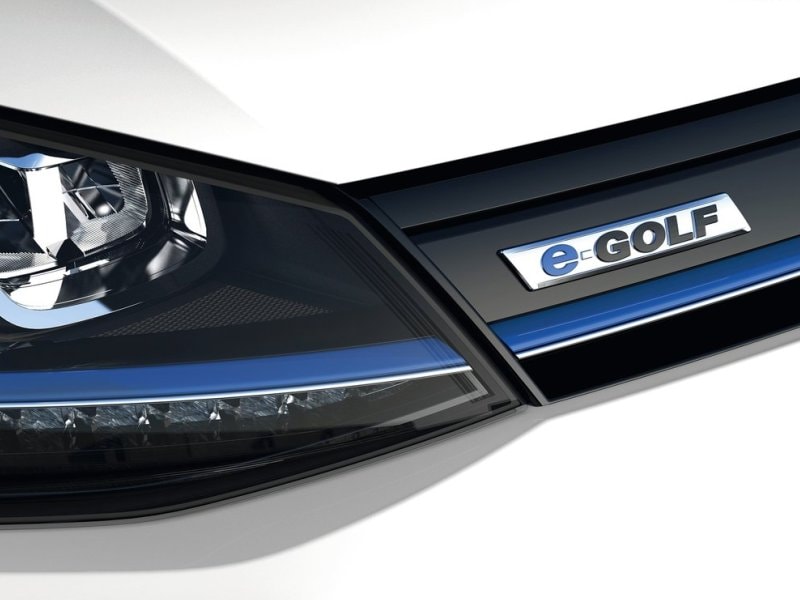
New Jersey
Zero emissions vehicles (including fully electric vehicles) sold, rented, or leased in New Jersey are exempt from state sales and use tax. ZEVs are defined as vehicles certified pursuant to the California Air Resources Board zero emissions standards for the current model year.
